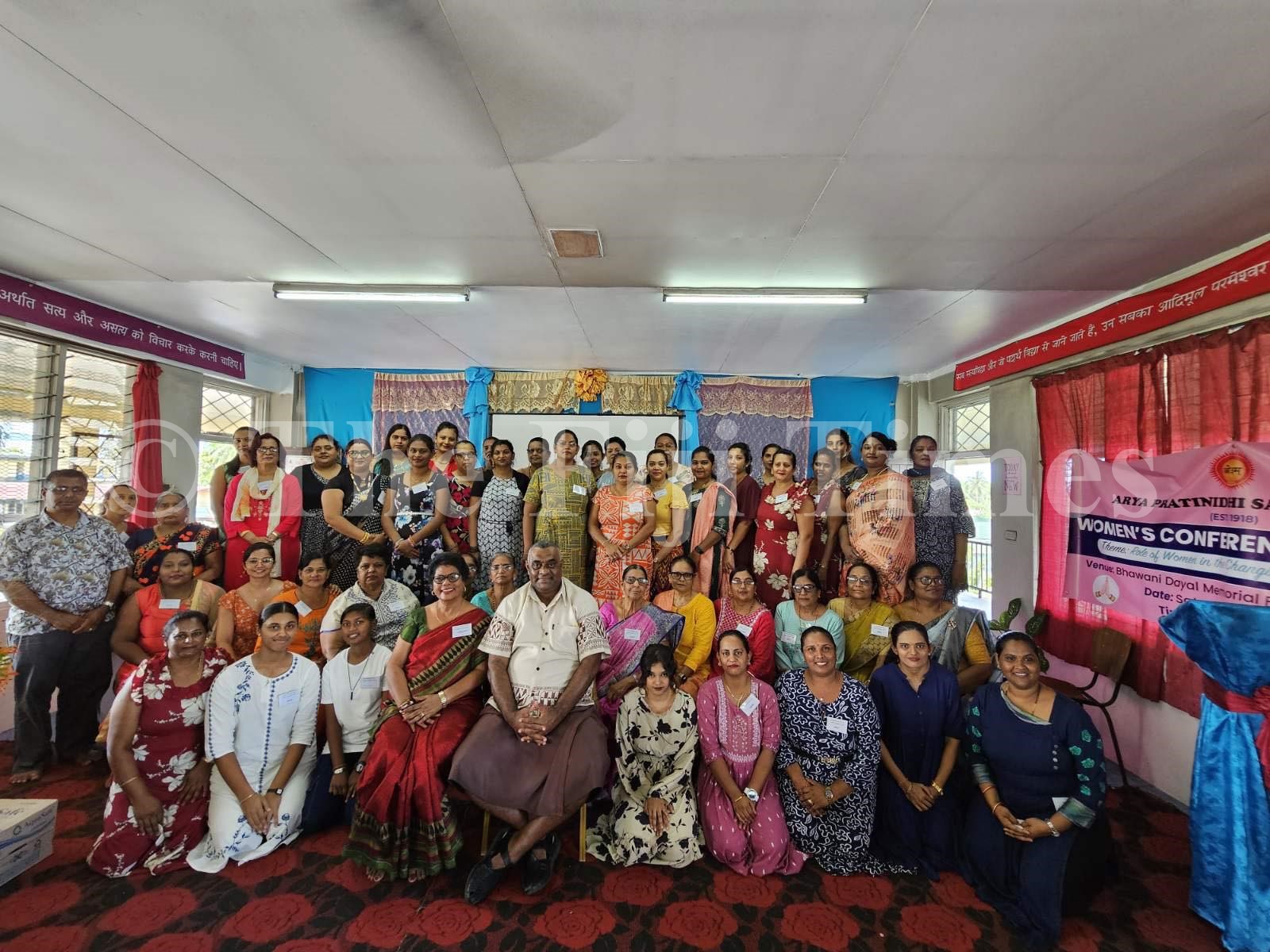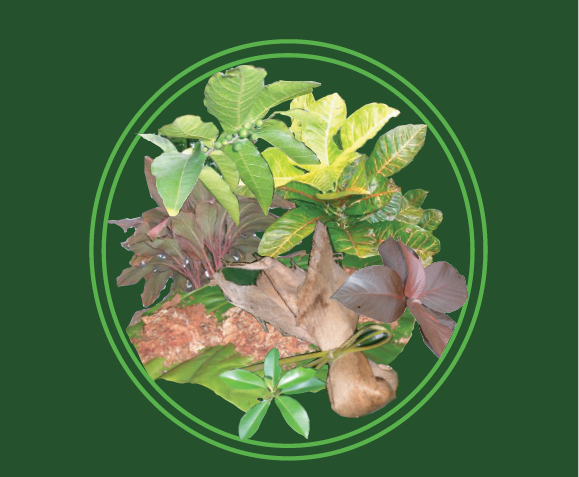THE relationship of veitauvutaki and veitabani is practised between iTaukei people with the same origins and the custodians of this relationship have very strong rivalries.
This relationship has been taken out of context with many misusing them to for their own ends.
In the olden day’s links between vanua or countries rest in the relation between their ancestors. Those who are veitauvutaki, literally have the same roots, have the same ancestral god or vu while those who are veitabani literally have mutual branches and have ancestors who were cross cousins.
Veitabani has joking relationships denoting balanced reciprocity between people of two groups.
In her book, Mind, Materiality and History: Explorations in Fijian Ethnography, Christina Toren noted that households, yavusa, villages and countries are linked by sala ni veiwekani, paths of kinship created by marriage, so relations between tauvu and veitabani denote chiefly kinship and reference ancestral marriages
The relationship of veitauvu was thought to challenge chiefly sovereignty in some instances.
In his book, The Fijians, Basil Thomson said the curious custom arising out of the tie of veitauvutaki, which, though not due to the influence or authority of chiefs has also sometimes the effect of stripping a village of all movable property.
Thomson noted that people of two villages, who, though now widely separated, worshipped the same God — that is, trace of their origin to a common source engaged in the practice.
Origin places nevertheless define people’s relationships to others; for example, people whose villages of origin are part of the same “confederation” of lands (matanitu) are allowed a degree of familiarity, which for people whose home places are veitabani (have common ancestors) or veitauvutaki would be replaced with competitive joking behaviour, and so forth.
Misuse of veitauvu and veitabani
Vuna district representative Laisiasa Tuimouta has raised his concerns on the misuse of veitauvu and veitabani adding it had to be clarified.
Mr Tuimouta said the relationship of veitauvutaki was sacred because it defined people with the same vu or origin or ancestor.
He said people of veitauvu relations were literally from the same family people, so they were close kinsmen and/or women.
“The word for ancestor is vu or literally translated meaning origin and veitauvu means people whose ancestors are friends,” he said.
“People of the two ancestors or their progenies are still related because of the relation between the two.
“However, nowadays people are relating to their tauvu as they would do to their veitabani meaning that they joke and maintain a relationship of traditional rivalry with their tauvu when this should not be the case.
“Only veitabani are allowed to joke to each other and form relations of traditional rivalry because their ancestors are cross cousins or veitavaleni.”
Mr Tuimouta said in iTaukei practice cross cousins were allowed to joke at each other as they are considered traditional rivals.
“Therefore their descendants carry on these relations through the veitabani relationship,” he said.
“As descendants of veitavaleni, they maintain the jovial relationship in the spirit of rivalry.”
Vuna and Laucala
Vuna and Laucala are veitabani but for a different reason. This is because of a princess of Vuna who was intercepted while on her way to Viti Levu for her nuptials.
Mr Tuimouta said the princess’ name was Di Naulu from the chiefly family of Vuna who was betrothed in marriage to a prince of Bau.
“When she came of age, the vanua of Vuna then prepared her for her grand entrance into Bau,” he said.
“Little did the people of Vuna know that she was lovestruck with the prince of Laucala who was to spirit her away to his island as she travelled to Bau.
“Di Naulu’s marriage to Bau was foiled and the prince of Laucala in Qamea had his way in the end.
“That is why we are veitabani’with the people of Laucala.”
Vuna and Kocoma
However, the vanua of Vuna and Kocoma in Qamea have always been closely tied because they are veitauvu meaning that they share the same ancestral god or origin.
They have then always jeered each other with their signature food which is the pota of Vuna a dish made from dalo leaves and the paileve a dish similar to yam pudding.
Mr Tuimouta said the pota signified the essence of the vanua of Vuna.
“It is something like the palusami and is made from dalo leaves straight from the farm and not washed in water making its way straight into the lovo or earth oven,” he said.
“The crème of the lolo or coconut used to make the dish comes from coconut juice.
“This signifies the scarcity of water in the vanua of Vuna.
“If not prepared nicely then the dalo leaves cause an itchy sensation to those that eat it signifying the sensation that one gets from bathing from the sea springs or tuvu of Vuna.”
Mr Tuimouta described the pota as a curse to everything that represented the vanua of Vuna.
“The people of both places call each other by the names of their food but this relationship has enveloped the whole island of Qamea,” he said.
“Nowadays the people of Vuna and Kocoma have adopted the veitabani style of relation to maintain their veitauvu relationship which is very wrong.
“They are never traditional rivals because they have common ancestral origins.
“There is only one village on Qamea where we are veitabani and that is Laucala with the people of Kocoma as our tauvu and no other village.”
Mr Tuimouta said nowadays the whole of Qamea was practising the veitabani and veitauvu with Vuna which was wrong.
“These practices need to be clarified and elders need to tell the truth of these special ties to their children so that they maintain the sanctity of or identities and relations,” he said.
“Otherwise our children and future generation will become lost and their relations with their kinsmen will be based on baseless practices.
“This has been the story passed down to us from our ancestors and we pass it on for those that come after us.”
? History being the subject it is, a group’s version of events may not be the same as that held by another group. When publishing one account, it is not our intention to cause division or to disrespect other oral traditions. Those with a different version can contact us so we can publish their account of history too.





